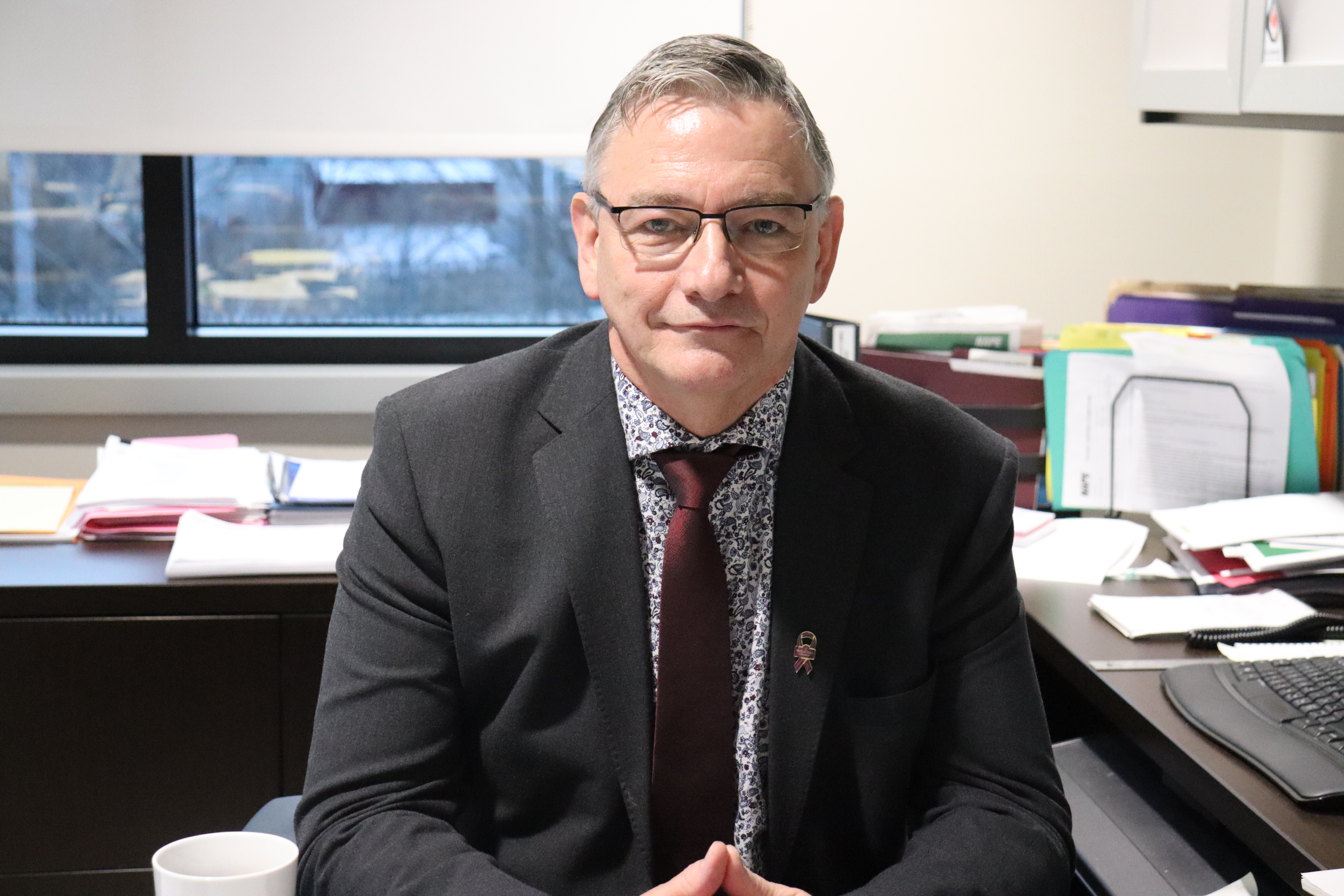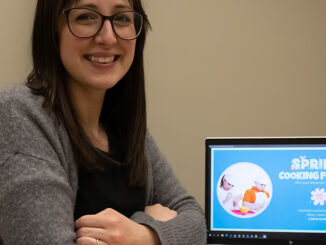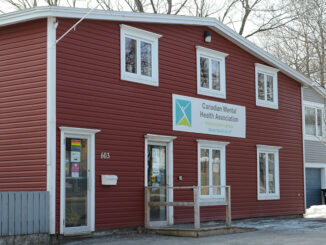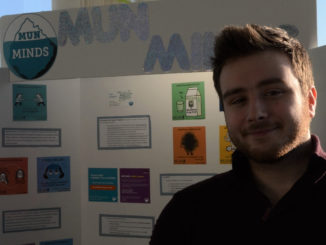First responders say increased motor vehicle collisions during the holiday season affect the mental health of emergency response workers and their families. They urge drivers to take caution while on the road.
Sarah Antle
Kicker

The holiday season means increased traffic, increased activities and increased collisions. For first responders, this makes Christmas one of the busiest and most stressful times of the year.
However, the mental health of those first responders is often neglected, according to Jerry Earle.
Earle, president of the Newfoundland and Labrador Association of Public and Private Employees (NAPE), says the Christmas season causes increased stress for first responders.
The NAPE president recalls that when he was a first responder, he had mixed feelings about Christmastime.
“I loved going to work, but I dreaded going to work,” Earle said.
Earle was a paramedic for 14 years before he left that job in 1998. NAPE represents a number of paramedics and first responders across the province.
“From my experience, and if you talk to paramedics, you will see an increase [in collisions],” Earle said.
There are various factors that contribute to the prevalence of collisions during the holidays – increased traffic, a lack of attention to other drivers and weather conditions.
Earle acknowledges there is no good time to deal with collisions and traumatic events, but Christmastime can add to the trauma experienced by first responders.
“The closer you get to Christmas, that plays on paramedics, knowing that responding to a motor vehicle accident, there are gifts in the car.”
Earl said responders make the connection between their own families and those involved in a collision.
Mental health a prevalent issue
Addison Quilty, the assistant deputy fire chief for the Gander Fire Department and a director for the Newfoundland and Labrador Association of Fire Services, has been a first responder for 27 years.

Quilty said that around Christmas, he always sees an uptake in motor vehicle collisions, which can eventually take a toll on firefighters
“Over the years, it’ll build up and build up if they don’t have anyone to talk to,” Quilty said.
As for the long-term effects on first responders, both Earle and Quilty agree that mental health is a major issue. When there is a collision, the effects on the first responders are not often thought about.
“Mental health is a major issue for all first responders – paramedics, firefighters, police and others. And it has long-term effects,” Earle said.
Quilty spoke from a rural perspective, where response times are slower and resources are fewer. In smaller communities and on the highways, volunteer fire departments are often the first responders on a scene. Quilty said that being the only responders in the area is an added stressor.
Affecting families
Both Earle and Quilty said the stress of the holiday season affects not only the first responders but also their families. Quilty said that first responders rely on their families for support.
“We go home and we’ll talk about things,” Quilty said. “And that kind of traumatizes people [who are] not in the fire service because they don’t understand.”
Earle said that after an collision, any time of the year, first responders take the job home with them.
“They personally have to live with it,” Earle said. “And when they take it home, they rely on being able to talk to their families.”
Quilty emphasized that first responders may not be able to spend time with their families because of the nature of their job.
“You’re sitting down with your family and then all of a sudden you’re gone,” said Quilty. “You could be gone for five minutes; you could be gone for five hours.”
Quilty said there has been a great deal of education made available in the last four years, both for the public and for first responders. Initiatives from first responders aim to decrease collisions. Mental health campaigns tell first responders there is help when they need it.
As for staying safe and decreasing collisions this year, Earle cautions the public not to take unnecessary risks, and Quilty urges everyone to be mindful of other people.




Be the first to comment